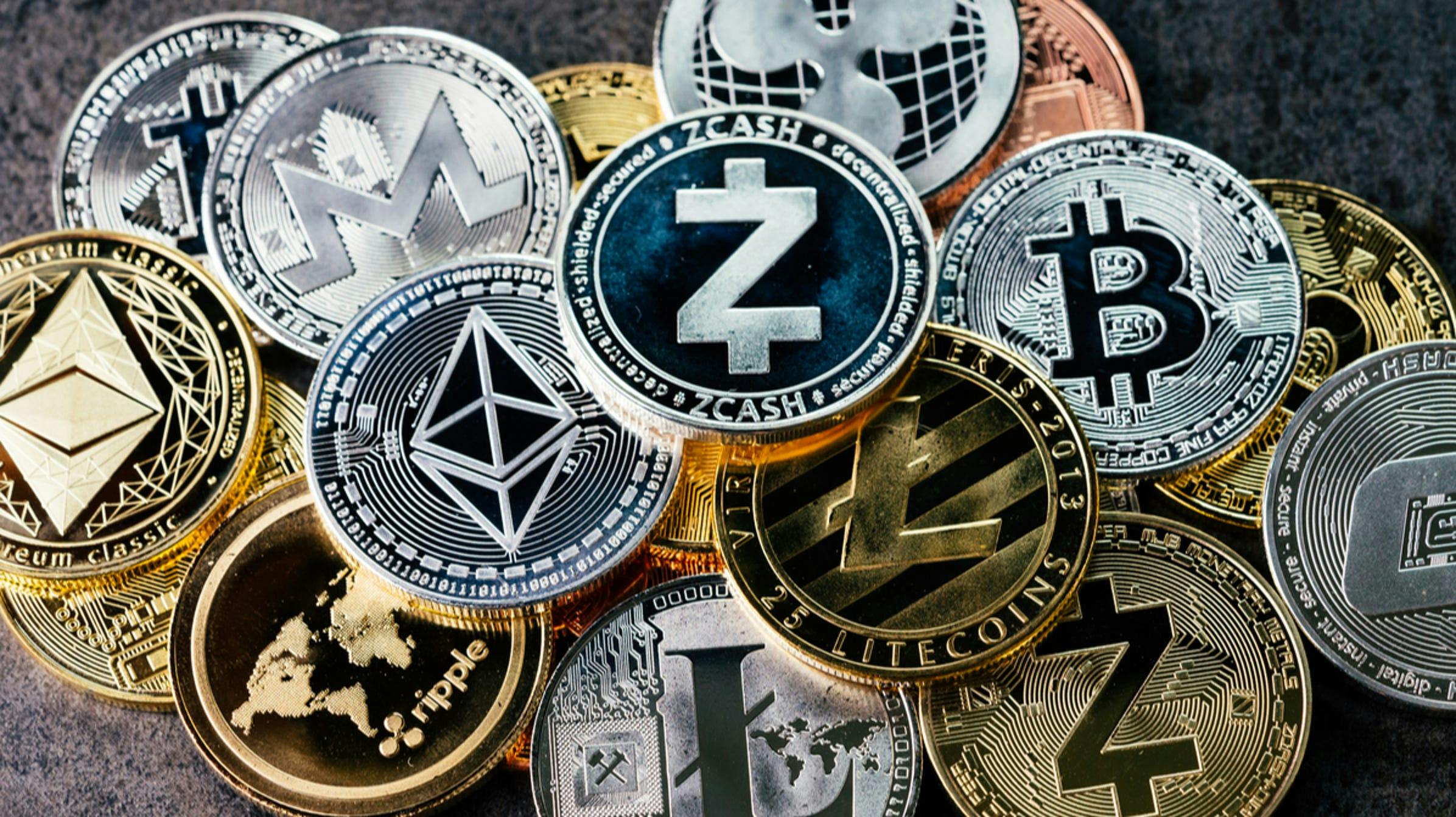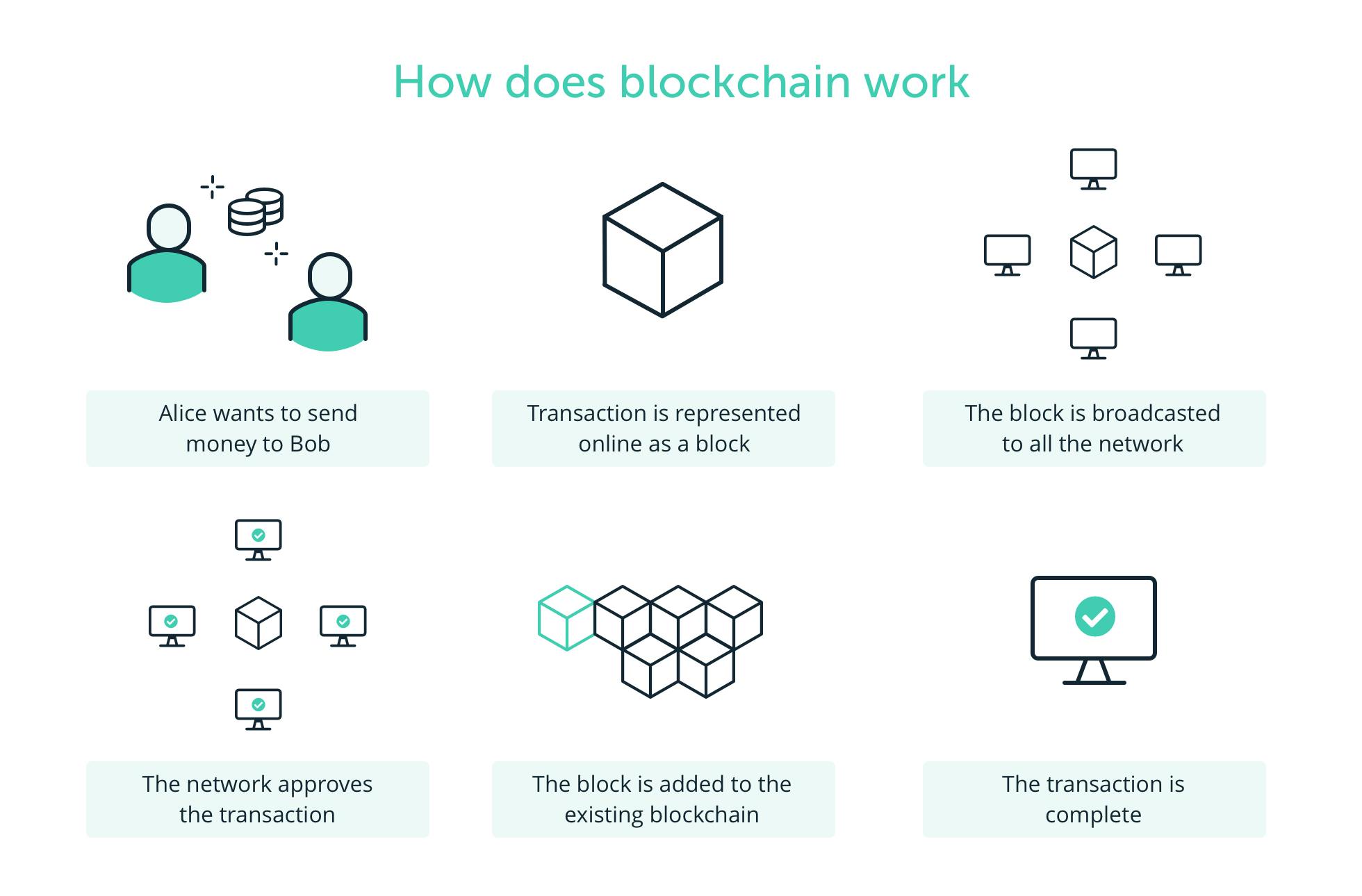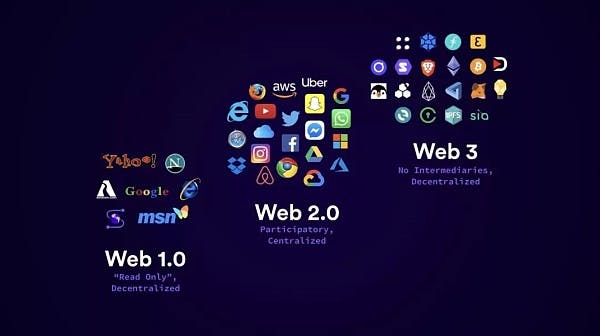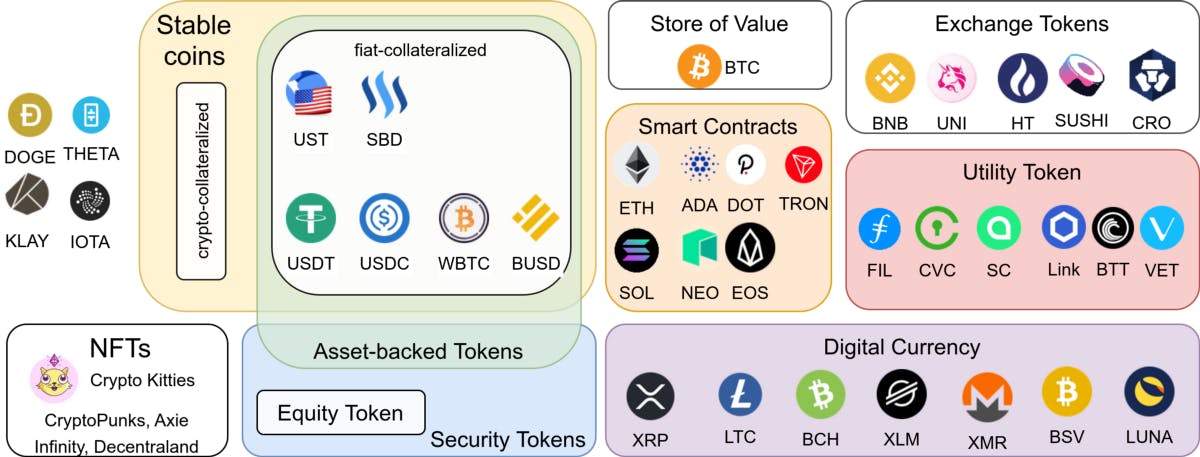Before I dive into the business of the day, let me start with a disclaimer. This article is not in any way advising you to invest in cryptocurrency. I am not a financial advisor. If you want to start investing please do your research before you start.
I'm just here to explain crypto and what it entails in very simple terms and layperson’s language for people that don’t have a single idea of tech, web3, and blockchain to understand.
So, what the heck are cryptocurrencies? Some years back, I was in the class of people that didn't trust the legitimacy of cryptocurrencies, even though I am a tech guy, but after a deep research on the entire blockchain ecosystem, I came to realize that everything is built on the blockchain, which is the future. Yes, I mean it’s the future.
Before I give you definitions of crypto, blockchain or web3. Let me bring back the story of ATM, how most people, especially Africans (Nigerians) have a zero trust in the Automated Teller Machine and the card. Even though I was young, I can remember hearing questions like “I cannot trust my money with this card”, “I prefer going to collect my money” This, This, This and That. But now people are more comfortable using the card not only in ATMs but also in POS, which is an evolution that will happen on crypto soon.
Before I lose guard, let go back to the reason we are here:
CRYPTOCURRENCY:

Crypto or cryptocurrency is a type of currency that uses digital files as money. Usually, the files are created using the same ways as cryptography (the science of hiding information). Digital signatures can keep the transactions safe and let other people check the transactions are real on the blockchain.
BLOCKCHAIN
Since we understand what crypto is, let me digress a bit and talk about blockchain, the technology on which cryptocurrencies are built. Below is an illustration of how the blockchain works.

Blockchain is a system of recording information in a way that makes it difficult or impossible to change, hack, or cheat the system. A blockchain is essentially a digital ledger of transactions that is duplicated and distributed across the entire network of computer systems on the blockchain. Blockchain is also an important component for E-voting systems because it is decentralized, which it is impossible to hack the system and change the voting results or cheat to rig the election.
WEB 3.0
Let's touch a bit on web 3.0 before we go into classifications of cryptos and why crypto is the future.
The diagram below explains the evolution of the web, starting from web 1.0 and what it entails, to web 2.0 and now web 3.0

Web3, also known as Web 3.0, is an idea for a new iteration of the World Wide Web that incorporates decentralization based on blockchains.
As you can see above, web 3.0 is trying to incorporate decentralization based on blockchains, meaning it is adding more security to the web, which is the future and I urge all open source enthusiasts to check out web3 projects and start contributing.
CLASSIFICATION AND TYPES OF CRYPTO

There are various kinds of cryptocurrencies. We can classify crypto into different categories, like DeFi, NFT, utility tokens and store of value tokens.
Let me break down and explain each category with an example:
Decentralized Finance (Defi): Decentralized finance offers financial instruments without relying on intermediaries, such as brokerages, exchanges, or banks. Instead, it uses smart contracts on a blockchain. Examples of DeFi projects and cryptocurrencies are;
- Aave.
- Avalanche.
- Cardano.
- Chainlink.
- Polkadot.
- Terra Luna.
- Polygon.
- Solana.
Non-fungible Token (NFT): A non-fungible token is a unique and non-interchangeable unit of data stored on a blockchain, a form of digital ledger. We can associate NFTs with reproducible digital files, such as photos, videos, and audio. Examples of NFTs are:
- A unique digital artwork.
- A unique sneaker in a limited-run fashion line.
- An in-game item.
- An essay.
- A digital collectible.
- A domain name.
- A ticket that gives you access to an event or a coupon.
Utility Token: A utility token, or utility token, is a special type of token that helps in capitalizing or financing projects for startups, companies, or project development groups. El type of token called a utility token, used as a safeguard for participation in mass sales to raise capital on a project.
Store of Value Tokens: A store of value is an asset, commodity, or currency that maintains its value without depreciating. The best example of store of value cryptocurrencies: Bitcoin (BTC) and Ethereum (ETH) which holds the most market enthusiasm:
There’s no doubt that Bitcoin is the first, most popular and most valuable currency without a Central Bank regulation in any country across the globe. According to Wikipedia, Bitcoin is a decentralized digital currency, without a central bank or single administrator, that can be sent from user to user on the peer-to-peer bitcoin network with no intermediaries.
The second most popular cryptocurrency, Ethereum, is a decentralized, open-source blockchain with smart contract functionality. Ether is the native cryptocurrency of the platform. Amongst cryptocurrencies, Ether is second only to Bitcoin in market capitalization. And many more.
Before I bore anyone, let me end this article by confirming YES, there are some bad eggs using crypto for fraud because of the decentralization and a lot of speculation around non-regulation of crypto by any central bank which makes people do whatever they like. I am part of the few people that are advocating for the regulation which will make it more legit and have zero worries when investing like the forex market, stocks and binary.
Like I said earlier, this article is not in any way encouraging, pushing, or advising anyone to invest in cryptocurrency. If you are interested in investing, do your research, consult financial advisors, and use your money wisely.
I AM NOT A FINANCIAL ADVISOR
